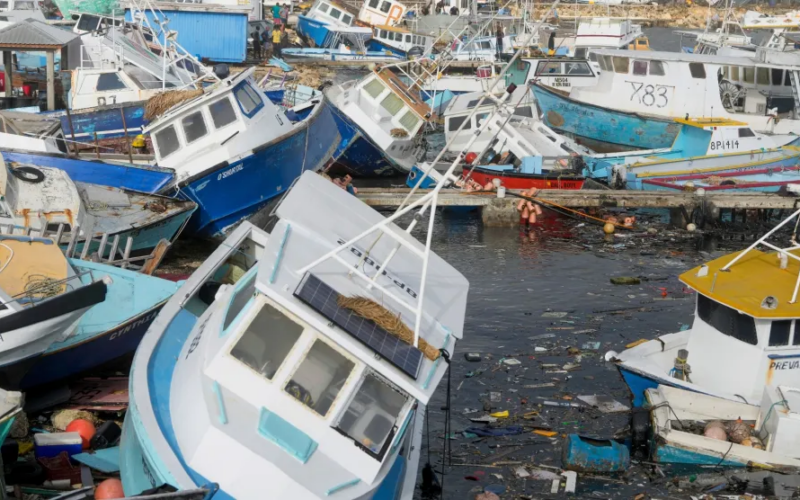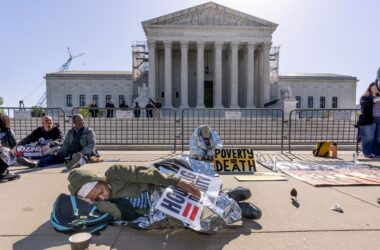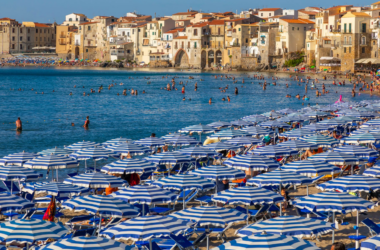As Hurricane Beryl approaches Jamaica and the Cayman Islands, assessments of the storm’s impact on Grenada have revealed severe damage to two of the country’s islands. Prime Minister Dickon Mitchell described the destruction on Carriacou and Petite Martinique as “unimaginable” and “total,” following Beryl’s passage on Monday.
Prime Minister Mitchell, after visiting the affected areas, stated that about 98% of the buildings on Carriacou and Petite Martinique, home to approximately 6,000 residents, were either damaged or destroyed. Key infrastructure, including Carriacou’s main health facility, Princess Royal Hospital, its airport, and marinas, were heavily impacted. As of Tuesday night, the islands were without electricity and communication systems, and the streets were blocked by fallen trees and utility poles. The natural environment also suffered, with Carriacou’s vegetation and mangroves largely obliterated.
Despite the widespread devastation, the death toll in Grenada remains relatively low, with officials confirming three fatalities: two on Carriacou and one additional death reported in St. Vincent and the Grenadines. Venezuela also reported two deaths due to the storm.
The prime minister highlighted the need for a complete rebuilding effort. “We have to rebuild from the ground up,” he emphasized during a briefing. Grenada’s main island saw significant damage to homes, but Carriacou and Petite Martinique experienced the most severe destruction. Authorities are working to evaluate the full extent of damage, particularly concerning the power grid and water supply.
Terrence Smith, head of Grenada’s water agency, noted that while storm damage has disrupted the islands’ rainwater harvesting systems, a widespread, immediate water shortage is not anticipated due to existing storage and desalination plants. However, these systems were already under strain before the hurricane.
As Beryl, which peaked as a Category 5 storm, continues its path toward Jamaica and the Cayman Islands, officials in these regions are taking precautions. In Jamaica, Prime Minister Andrew Holness imposed a 12-hour curfew starting at 6 a.m. and issued evacuation orders for vulnerable areas. In the Cayman Islands, residents are preparing for the storm, with hardware stores rationing sandbags and businesses securing their properties against the anticipated impact.
Hurricane Beryl has set records as the earliest Category 4 and Category 5 hurricane to form in the Atlantic Ocean this season. A recent study attributes the rapid intensification of Atlantic hurricanes to rising ocean temperatures, suggesting a link between climate change and the increasing severity of such storms.
Prime Minister Mitchell pointed to global warming as a significant factor behind Beryl’s intensity, asserting that Grenada and similar countries are at the forefront of the climate crisis. He called for greater accountability from nations contributing to climate change, highlighting the ongoing challenges faced by countries repeatedly impacted by severe weather events.
The situation in Grenada underscores the urgent need for effective disaster response and long-term climate resilience strategies to address the growing threats posed by extreme weather.








